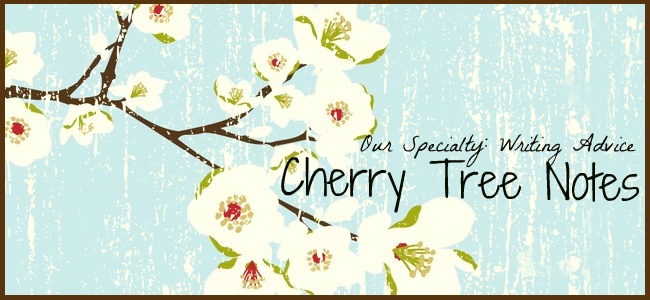Today I have a special treat for you: an interview with the author of Between Shades of Gray, Ruta Sepetys!
This book has earned a honorable place in my heart, not just because of her writing (which is phenomenal) but because she has made the world a better place by telling a story that next to no one actually knows.
My grandparents were persecuted by Stalin and barely escaped with their lives. I grew up knowing the story of the genocide hidden right before the Holocaust. I couldn't believe the masses that didn't share my knowledge. For giving these shadowed figures a voice, Ruta has earned a great deal of my respect.
Let's jump right in to the questions!
--
Can you tell us about yourself?
RS – I was born and raised in Michigan in a family of artists, readers, and music lovers. For nearly twenty years I worked in the music industry, managing the careers of recording artists, musicians and songwriters. One day, one of my clients said, “Ruta, you’ve spent years helping musicians tell their stories, but what’s your story?” That question sparked a career transition. I started writing.
What was the first thing you wrote, the one that decided for you that you were going to be a writer?
RS – Well, the first thing I wrote was a middle-grade mystery. Fortunately, a literary agent encouraged me to put that book aside and write “Between Shades of Gray” instead. I’m so grateful for that early advice!
Can you tell us about your book? Without giving it away, of course.
RS – The book is set in 1941 and deals with a piece of WWII history that’s not often talked about – the crimes of Stalin. The story follows fifteen-year-old artist, Lina Vilkas, who is arrested with her mother and younger brother and deported from Lithuania to Siberia. The story chronicles not only their fight to survive, but their struggle to retain faith in mankind.
If you could go into one scene in your book and stand by your character's side instead of in heir head, which scene would it be? If not in your book, it could be from a story you read.
RS – Wow, what a fantastic question! I would go into “Between Shades of Gray” and stand by Lina during the scene where she has to draw a portrait of the Soviet commander. It was such an awful scary scene to write.
What inspired Shades of Gray?
RS – When I was in Lithuania meeting with relatives I learned that some of my grandfather’s extended family had been deported to Siberia. I was shocked and ashamed that I knew so little about Lithuania’s history. I decided to write the book to give voice to the hundreds of thousands of people who will never have a chance to tell their story.
Can you give one piece of advice to the writers out there?
RS – My one piece of advice would be to read. Good writers are good readers!
--
If you want to learn more about Ruta and her book, Between Shades of Gray, you can visit her website or at BetweenShadesofGray.com.
If you haven't read her book, you should. You never know, you might really like it. I know I did. You can buy it on Amazon, Kindle, or just check it out from your local library!
From her website:
Thank you all for reading, good luck, and keep writing!
--
If you want to learn more about Ruta and her book, Between Shades of Gray, you can visit her website or at BetweenShadesofGray.com.
If you haven't read her book, you should. You never know, you might really like it. I know I did. You can buy it on Amazon, Kindle, or just check it out from your local library!
From her website:
In 1941, fifteen-year-old Lina is preparing for art school, first dates, and all that summer has to offer. But one night, the Soviet secret police barge violently into her home, deporting her along with her mother and younger brother. They are being sent to Siberia. Lina's father has been separated from the family and sentenced to death in a prison camp. All is lost.Lina fights for her life, fearless, vowing that if she survives she will honor her family, and the thousands like hers, by documenting their experience in her art and writing. She risks everything to use her art as messages, hoping they will make their way to her father's prison camp to let him know they are still alive.
It is a long and harrowing journey, and it is only their incredible strength, love, and hope that pull Lina and her family through each day. But will love be enough to keep them alive?Between Shades of Gray is a riveting novel that steals your breath, captures your heart, and reveals the miraculous nature of the human spirit.
Thank you all for reading, good luck, and keep writing!




